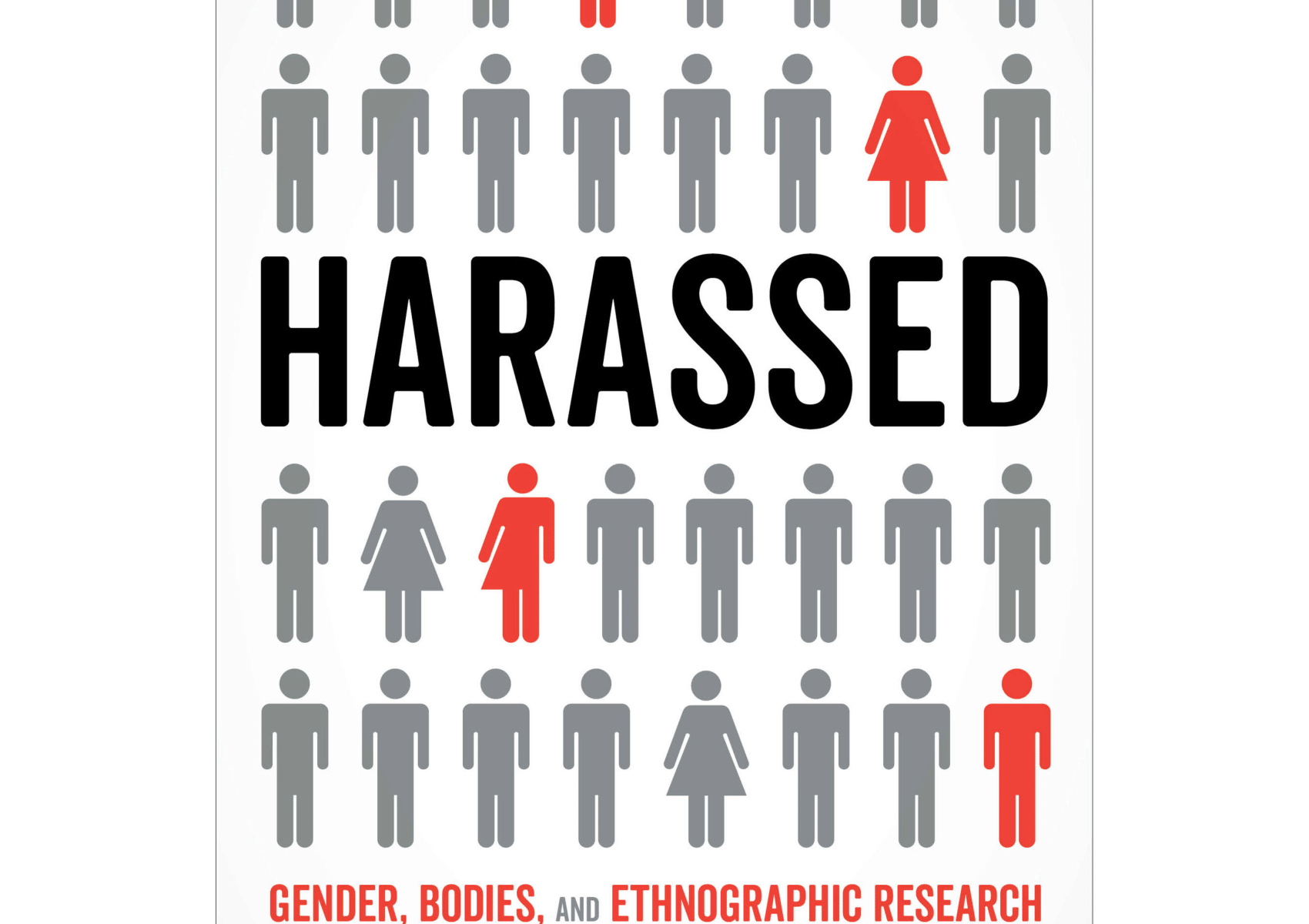Dr. Rebecca Hanson and Dr. Patricia Richards (University of Georgia) were interviewed by Kelly Underman for the ASA Body & Embodiment Section blog (opens in new tab) about their new book, Harassed (opens in new tab): Gender, Bodies, and Ethnographic Research (University of California Press, 2019).
In the interview, Hanson and Richards discuss how the androcentric, racialized, and colonialist history of qualitative methods developed within the academy has made discussions of the body taboo in ethnographic narratives, and how these hegemonic narratives influence the ways in which researchers talk about their bodies during fieldwork. They argue that this taboo obscures the differential vulnerabilities that researchers face, so that certain risks faced by researchers are made invisible and unexamined as constitutive of our fields of study.
Hanson and Richards also discuss how the concept of embodied ethnography that they develop in their book challenges the rise of “carnal” and “sensory” ethnographic methods, which perpetuate the notion that the best research comes from ethnographers who withstand all challenges and dangers, putting data collection above all else.
